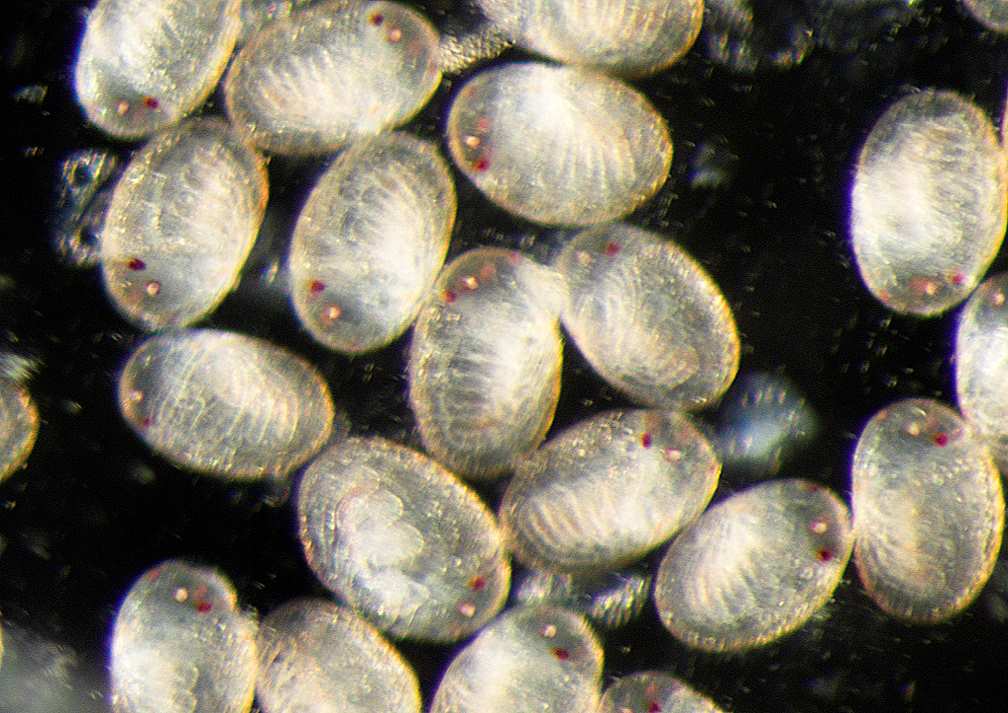New discovery about gene regulation in insects
The team of researchers from the Biodiversity Research Institute (IRBio), made up of Isabel Almudi, Joan Pallarès-Albanell, Tòt Senar-Serra, Antoni Ruiz and Maria Rosselló Xamena, has published an article in the prestigious scientific journal Development. With the title "Gene regulatory dynamics during the development of a paleopteran insect, the mayfly Cloeon dipterum", this work reveals fascinating aspects of gene regulation throughout the development of the mayfly Cloeon dipterum.
Mayflies, as their name suggests, are very short-lived insects that belong to the Paleoptera group, a branch of insects known for their ancient evolution. Their life cycle is curious and unique: the larvae spend much of their time in the water, but once they emerge as adults, their lives are so short that they almost seem magical. Precisely, it is this ephemeral moment that IRBio scientists have taken advantage of to better understand gene regulation.
Using sophisticated DNA sequencing techniques, such as ATAC-seq, the study has made it possible to decipher how the accessibility of chromatin changes at different stages of the development of Cloeon dipterum. The researchers were able to observe how the genes that control the development of the insect are modulated in each several of their embryonic phases, from the embryonic stage to the adult. These dynamic changes in gene expression are fundamental to understanding how insects evolve and adapt.
This work will help the understanding of the evolution of insects, one of the most diverse animal groups on the planet, with more than one million described species. The results obtained in this study could offer new clues about how insects have managed to diversify so much over millions of years of evolution. This advance marks a milestone for the scientific community that studies the mechanisms of development and evolution of insects.
